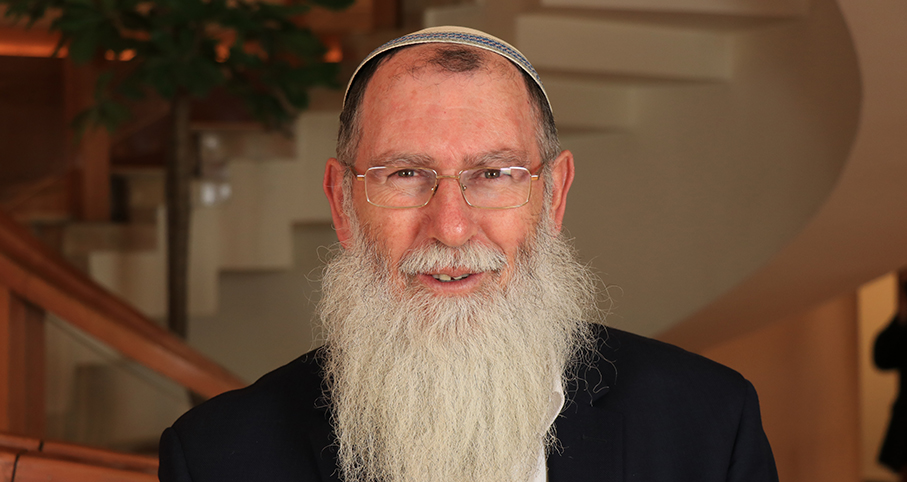Beit Midrash
- Family and Society
- Kashrut
- The Laws of Kashrut
"Hey, this doesn’t look right!" Yossi’s attention was drawn from his contemplations to his coworker, Dov, as Dov called out again "look at the color!"
Yossi took a closer look at the honey pooling in the collection vats. Dov was right. The color was unusually light! The other workers came over to examine the honey. The murmuring in the room was loud enough to drown out the centrifuges. Was there something wrong with an entire batch of honey!?
One intrepid worker couldn’t take the suspense. He carefully removed some honey, and gingerly brought it to his lips. The assembled waited with baited breath. When the taste tester cleared his throat and pronounced "it’s sweet!" all of the workers collectively exhaled.
The question remained, though. Why was the honey such a light color? Some investigation on the part of the manager unearthed some interesting findings. The apiary wasn’t the only sweet business in the area. Not far from there was an ice cream factory. While the two of them generally had little to do with each other this year had proven the exception. Due to an extended blackout during production, the factory had been compelled to discard a large quantity of ice cream. Leaving it to melt in a nearby field seemed to be the most economical disposal option. The neighboring bees had apparently taken a liking to the new variety of nectar.
As the manager mulled over the unusual story, he was struck by a concerning thought. If the bee nectar was none other than ice cream, was the resulting honey dairy?!
Answer of former Rishon Letzion, Rabbi Mordechai Eliyahu, zt"l:
Before we answer the question, it is first necessary to examine the nature of honey production. Generally speaking, the product of a non-kosher creature is, itself, non-kosher. Given that it is forbidden to eat bees, it should follow that bee honey is forbidden, as well. However, the Gemara (Bechorot 7b) explains why honey consumption is, in fact, permitted. The honey is not actually manufactured by the body of the body. Rather, the bee gathers nectar from flowers, the nectar accumulates within a specialized extra stomach, and then the bee regurgitates the nectar into a honeycomb.
Therefore, in our situation, the honey retains the original dairy status of the ice cream from which it was produced. In addition, because of the dairy status, it is forbidden to sell such honey. This is because people will assume that the honey is pareve, even if it is labeled "dairy." (This is similar to the prohibition against making dairy bread.) (See Shulchan Aruch, Yoreh De’ah, 97, 1)
In summary:
The honey is dairy, and is forbidden to be sold, because consumers will assume that it is pareve, like regular honey.
. (ע"פ הספר 'באור פניך' עמ' 152)
In honor of Rosh Hashana, we’d like to share more sweet words of Torah, from Rabbi Shlomo Zalman Auerbach, zt"l:
Why does a bee merit to produce sweet honey, whereas the spider produces only webs from its body?
A bee gathers honey from many different flowers, which results in a sweet, rich product. In contrast, the silk that comprises a spider’s web comes only from within the body of the spider, without the input or assistance of any other creature.
We should try to emulate this characteristic of the bee. How so?
A person who, while learning Torah, compares different sources, and attempts to clarify contradictions, will produce novel Torah thoughts which are sweeter than honey.
However, a person who never seeks knowledge from others, and insists on only building internally upon previously gained knowledge, will produce "new" thoughts which have no true sweetness.
(ע"פ הספר ועלהו לא יבול ח"ב, עמ' רכז)

The Cheese Factory
Rabbi Yirmiyohu Kaganoff | Sivan 2 5781

Prepared to DeLIVER
Rabbi Yirmiyohu Kaganoff | Nissan 28 5782

Checking the Simanim for Rosh Hashana
Updated 5781
Rabbi Moshe Vaya | Elul 23 5781




















